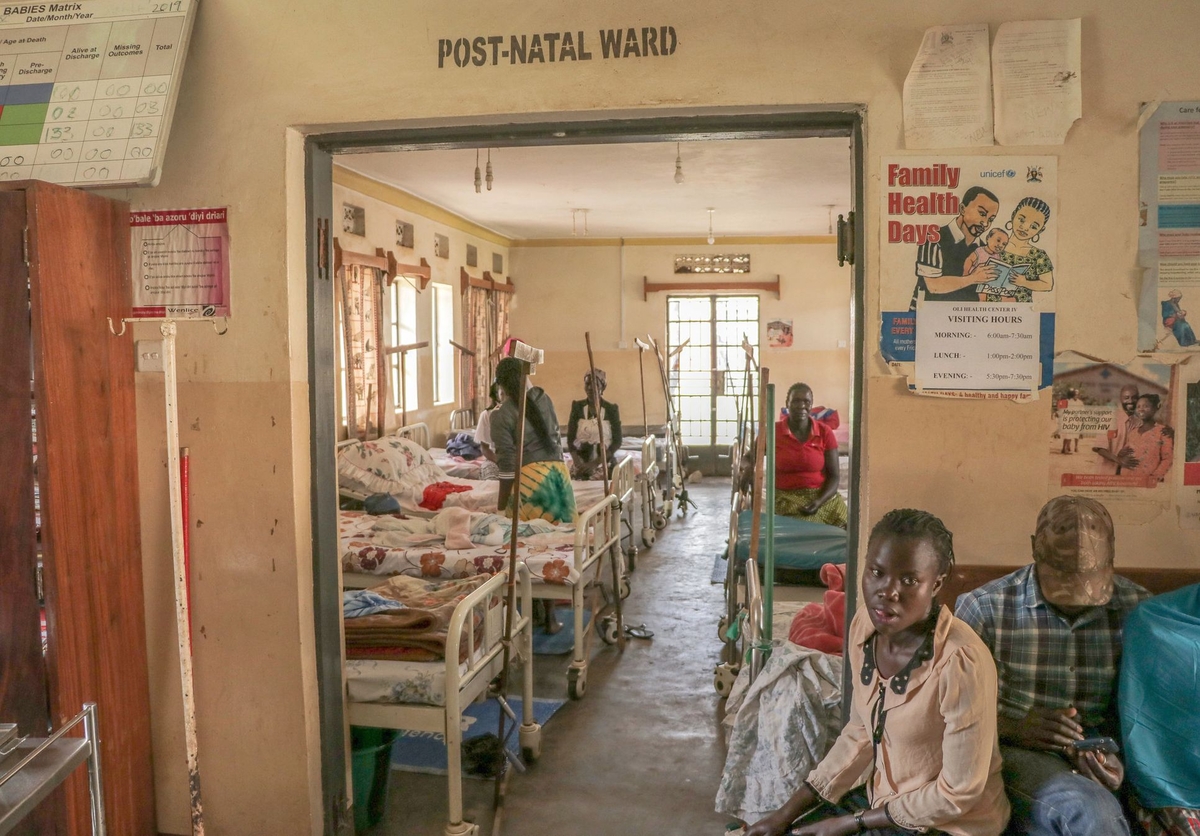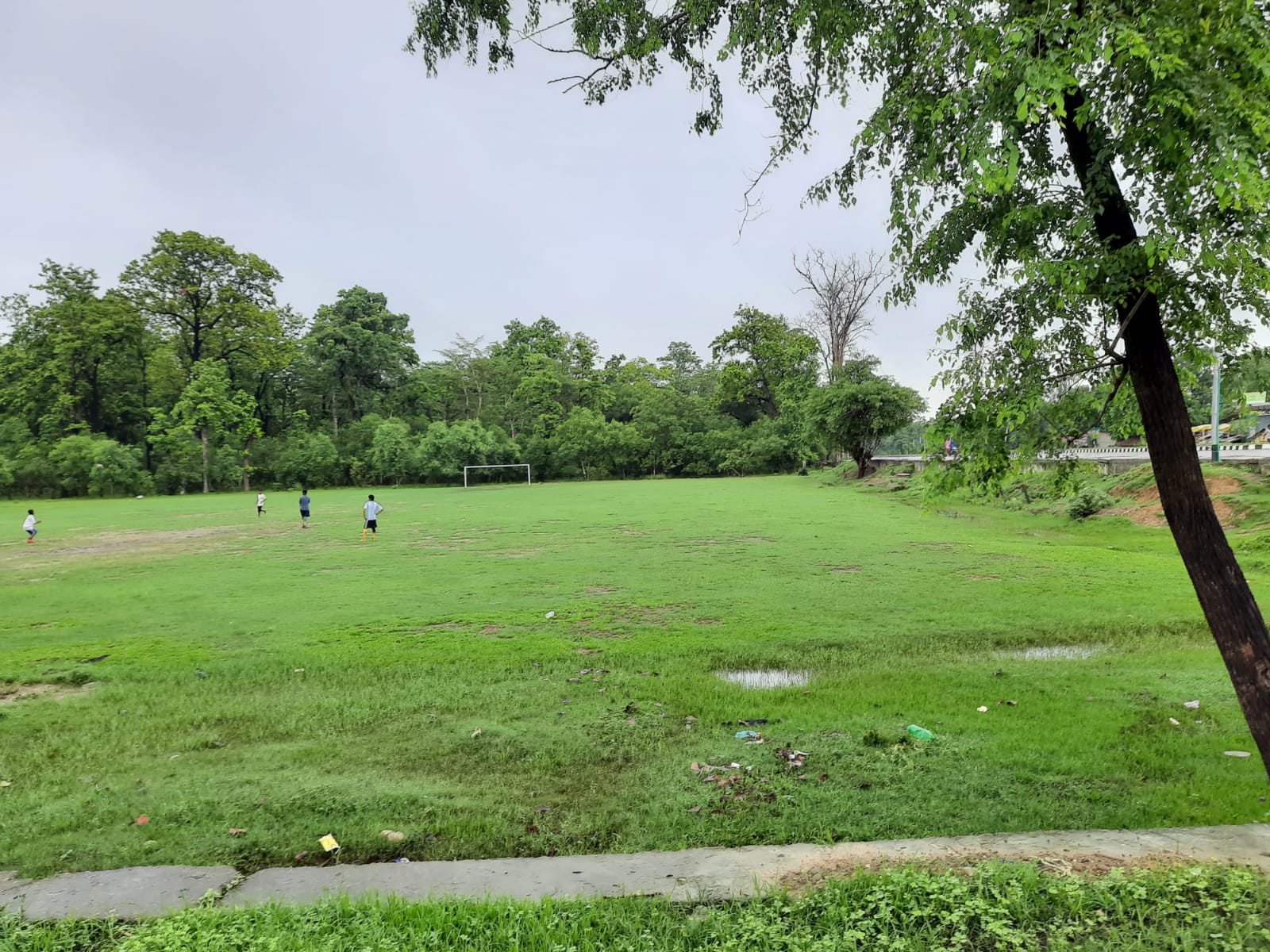Impact of COVID-19 on the Financial Resources and Capital Expenditures of Local and Regional Governments
A recent report by the United Cities and Local Governments of Africa (UCLGA), warns about the major impact of the Covid-19 pandemic on the financial resources of local and regional governments. "It is feared that local authorities will lose two-thirds of their resources, thereby jeopardizing the provision of local public services to the populations," says the research paper.
Download the report here
COVID-19 raises fears of the worst economic consequences since the Great Depression of 1929, according to the IMF. In Morocco, according to the General Confederation of Moroccan Enterprises (CGEM), a drop between 30% and 50% of the activity is noted during the first three months of confinement. The Executive Secretary of the Economic Commission for Africa (UNECA), Mrs. Vera Songwe, warns that beyond the downturn inactivity, many small and medium-sized enterprises risk "going out of business". As for the economic activity of the informal sector which occupies two-thirds of the working population in African cities, the lockdown implies an outright shutdown of the economy, which means in practice a massive unemployment and a drastic drop in income.
At the territorial level, the impact is likely to be greater for two reasons. The first one is linked to the fact that the modern sector in local governments (excluding national capitals) is made up of a myriad of small and medium industries and SMEs whose capacity to absorb systemic shocks like that of COVID-19, is weak. Much of this economic activity will certainly not survive the consequences of COVID-19. The second reason is due to the fact that the informal sector is the prevailing sector in these local governments, representing between 35% and 50% of the added value and between 60% and 80% of employment. The added value of this sector is proportional to the time spent by the confinement decided by the national and local authorities.
Implications for public policies
The results of this analysis of the impact of the COVID-19 pandemic on the finances and capital expenditures of African local authorities suggest two main implications for public policies.

The first lesson is that of the necessary deepening of the decentralization process in Africa and more particularly in the field of public health. Indeed, the initiatives taken by local public institutions in all African countries have been decisive against the spread of the disease. The initiatives were decisive because the local public institutions were faster, closer to the field, and better aware of the constraints encountered by health facilities in the field; but above all the local public institutions were effective through better knowledge of the populations and better targeting of awareness-raising actions for the adoption of sanitary measures for the protection against COVID-19. The effects both on the resources of local governments and on their investment expenditure show the need to deepen the decentralization processes, particularly their financial aspect.
The second lesson to be learned is that of re-examining financial relations between the national governments and local governments. From the conceptual standpoint, putting the priority on economic stabilization first has led to many reservations being raised about determining a tax field-specific to local governments. It is for this reason that it is usually recommended not to transfer local taxes to local governments, which have the particularities of generating highly fluctuating resources such as corporate income taxes, value-added tax, and import duties. But COVID-19 has shown that it is important to rehabilitate the function of stabilization and redistribution of transfers of public finances between the national government and local governments.





